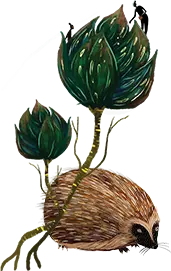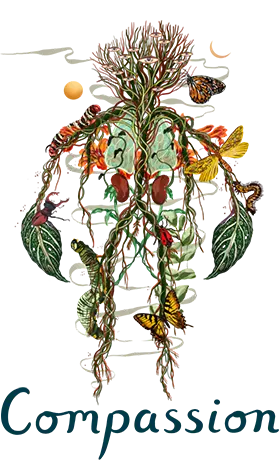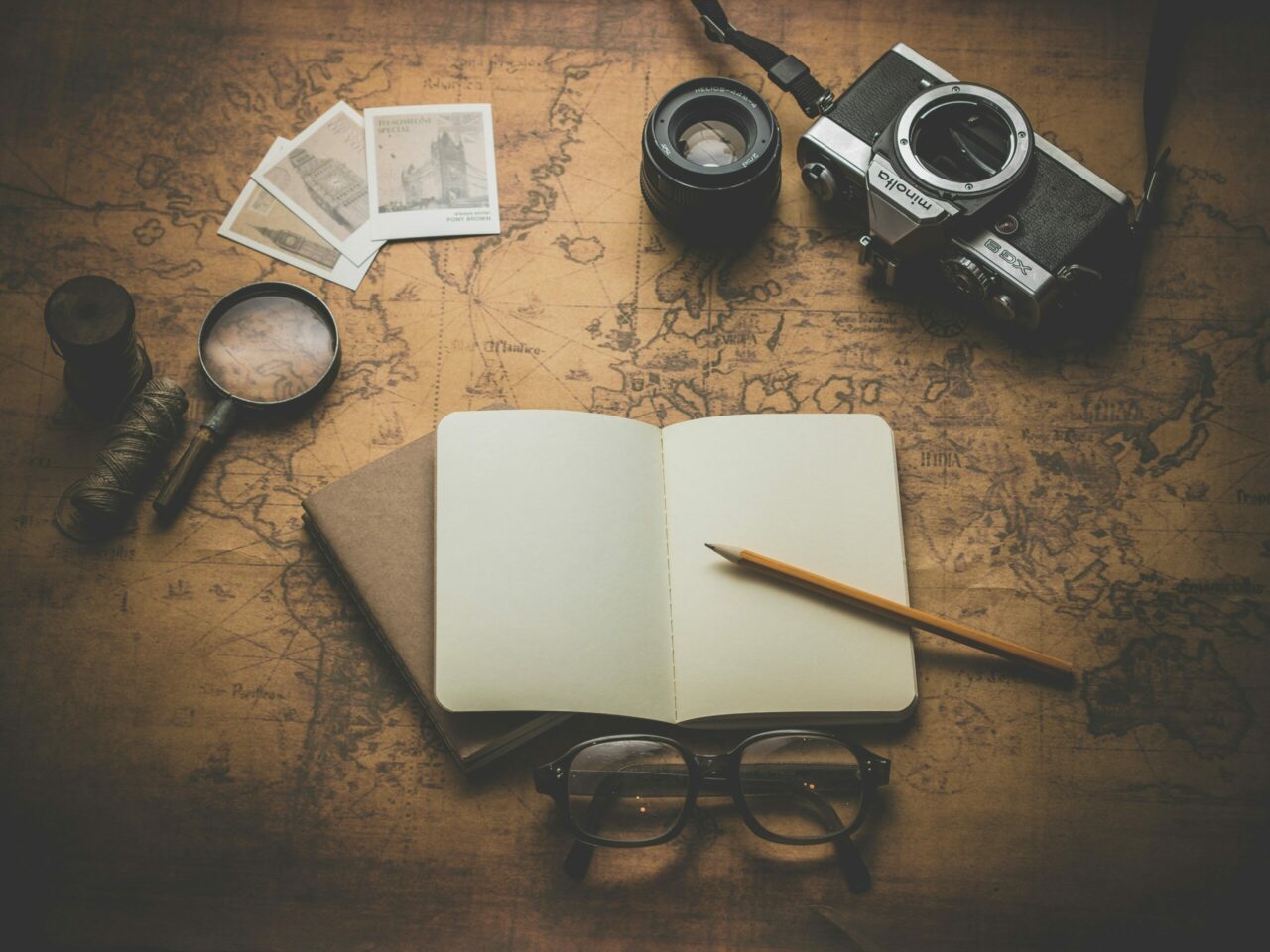
The Meaning pathway in action

To better understand a pathway to Nature connection, it helps to see it in action…
Here are some examples of how to explore personal and cultural meanings and significance of Nature
Written in partnership with Dr Carly Butler from the Nature Connectedness Research Group at University of Derby

For an explanation of the Meaning pathway to Nature Connection, check out our summary article.
The importance of the arts
Many of the activities to activate the meaning pathway involve some reflection and/or engagement with the arts. They can be particularly useful when we can’t get outside for direct engagement with Nature. While activating the meaning pathway can involve a lot of memory, imagination, creativity, and social engagement, many of the activities also rely on the noticing and appreciation that are key to other pathways, close attention to the details of the natural world around us.
The more we notice, the more it means
As our relationship with Nature deepens, we notice more of the changes and patterns in how Nature is – over the course of a day, season or year. The more we notice, the more nature means to us, and the more nature means to us, the more we notice, care, enjoy and treasure the more-than-human.

Look out for Nature-based words
Notice the use of Nature-based metaphors in everyday talk and interaction. You may want to keep a note of them, and explore what they say about our relationship with Nature.
As a flip-side…consider where mechanistic or tech-based metaphors are used – where people talk about ‘building’ or ‘driving’ or ‘computing’ or ‘output’ for instance. What are some alternatives from the Natural world that could be used in their place? You could try challenge yourself to make use of natural metaphors as alternatives to a machine-based way of speaking.
Curate your own selection of Nature songs, poems or art
Do you know any songs that mention or celebrate nature? Create a playlist. If you don’t, go on a mission to find some. Why not check out Voice for Nature’s playlist, inspired by ReWild Yourself Champion, Louis VI.
If words are more your thing, why not curate a collection of Nature poems or prose that explore the meaning and importance of nature.
Or perhaps seek out and curate your own collection of art which explores and celebrates Nature. Even better, with all the above, why not make your own!
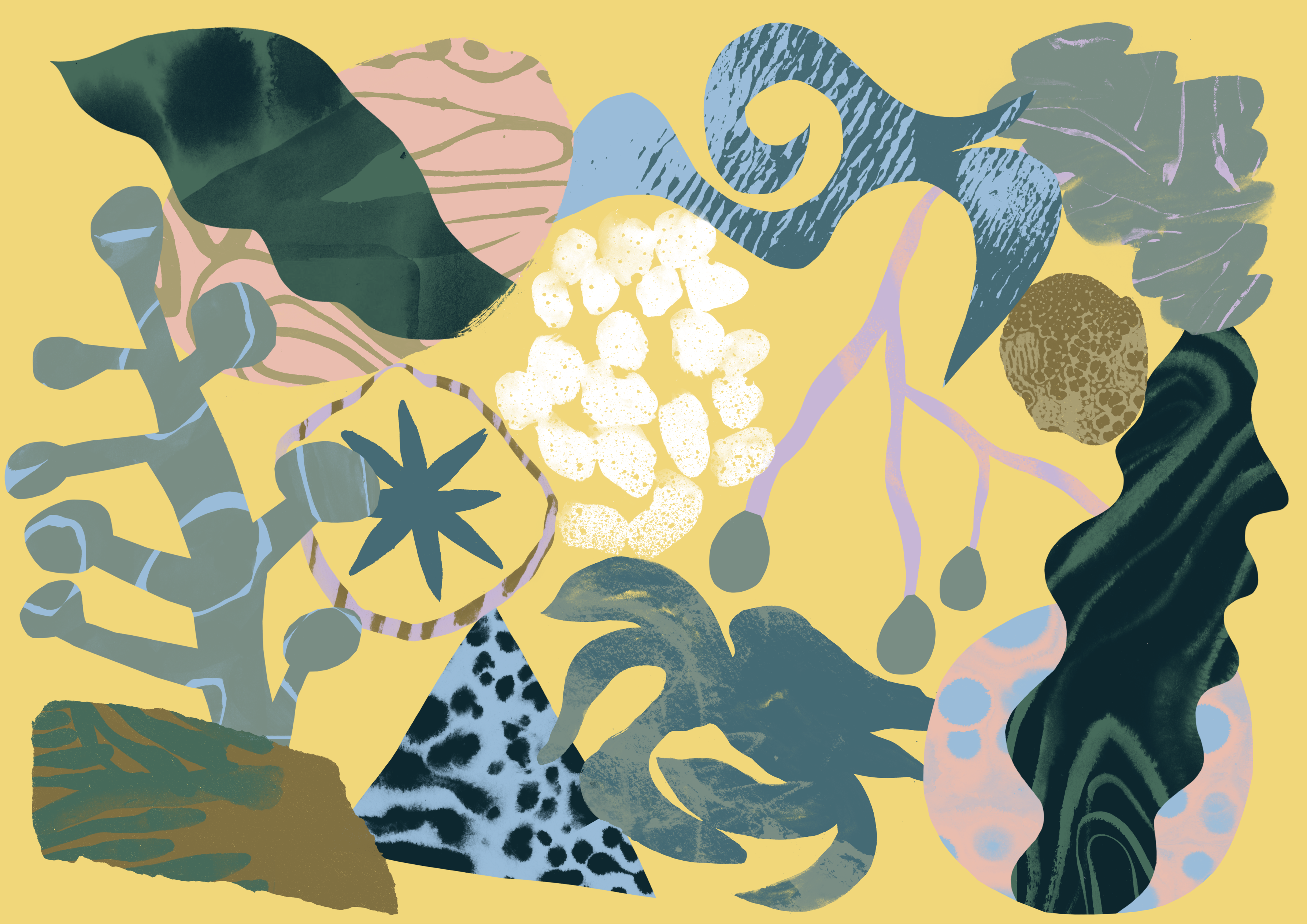
Notice seasonal clues
What clues in the nature around you tell you what time of year it is? What are the very first signs of spring or autumn? The Japanese have 72 micro-seasons, with rich descriptions of what Nature is doing over 5-day periods of 5 days. You can create your own, or simply note any changes you see. This is a practice for noticing Nature that can help us tune in more closely to the rhythm of the living world and its ever-changing ways.
Track the moon
Track the changing moon over a month, or longer. Each full moon has an unofficial name, which links the celestial changes with human activity or folklore – for example, September’s full moon is often called the ‘harvest moon’.
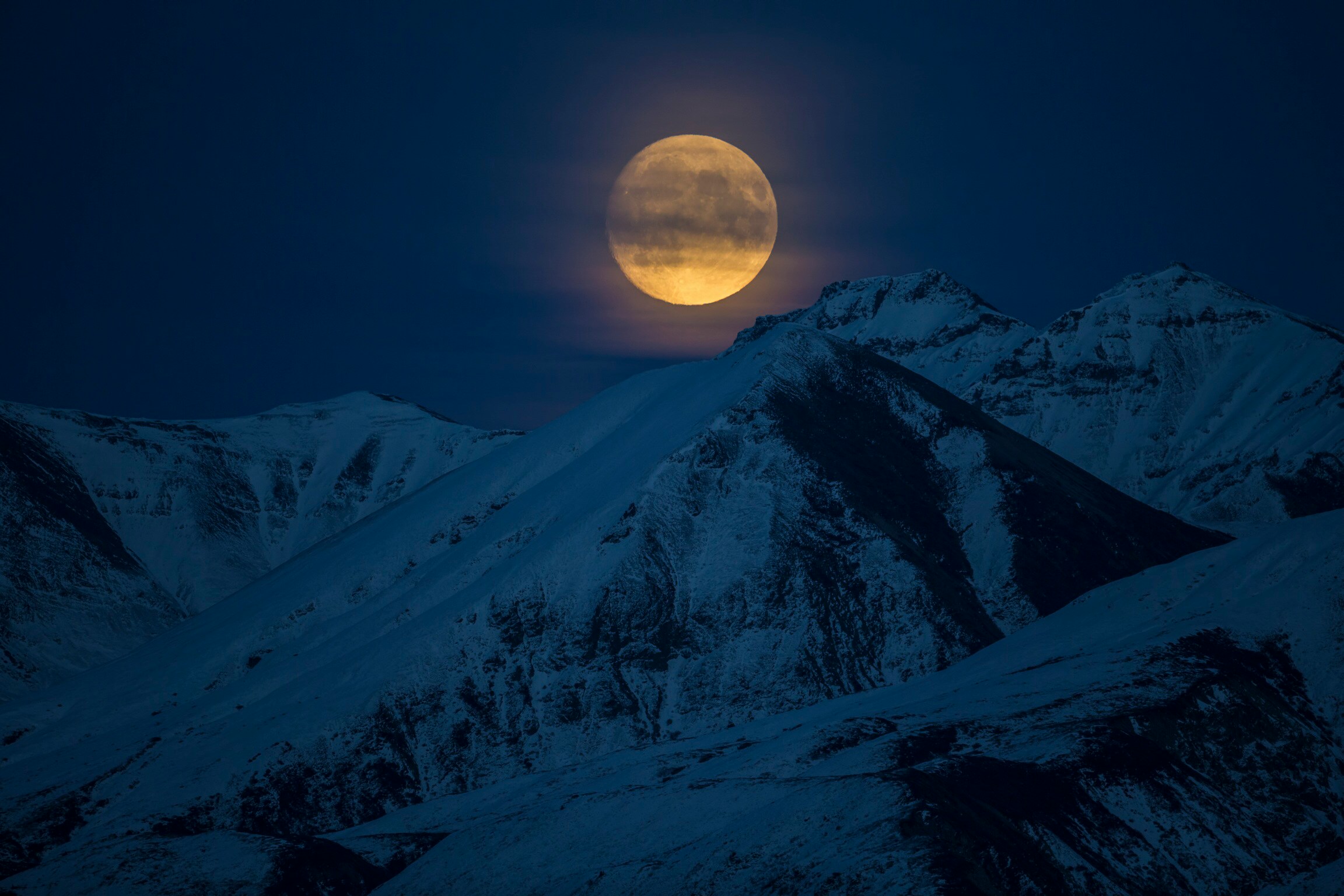
Celebrate Nature’s calendar
The year is full of significant moments in Nature – equinox and solstice, full moons, first blossom, first swift, first ripe blackberry, first birdsong. Nature provides many opportunities to appreciate change and the patterns of life – this can create moments to share and cheer with others, or quiet rituals and practices that become part of your personal calendar. Share natural events with those you talk to, bringing Nature’s rhythms into everyday conversations and practices.
Discover local folklore
Find out any folklore about places or species near where you live or grew up, or explore the meanings, symbolism and uses of a favourite plants or species. What is your county species? Many of these tales and stories are pretty wild!
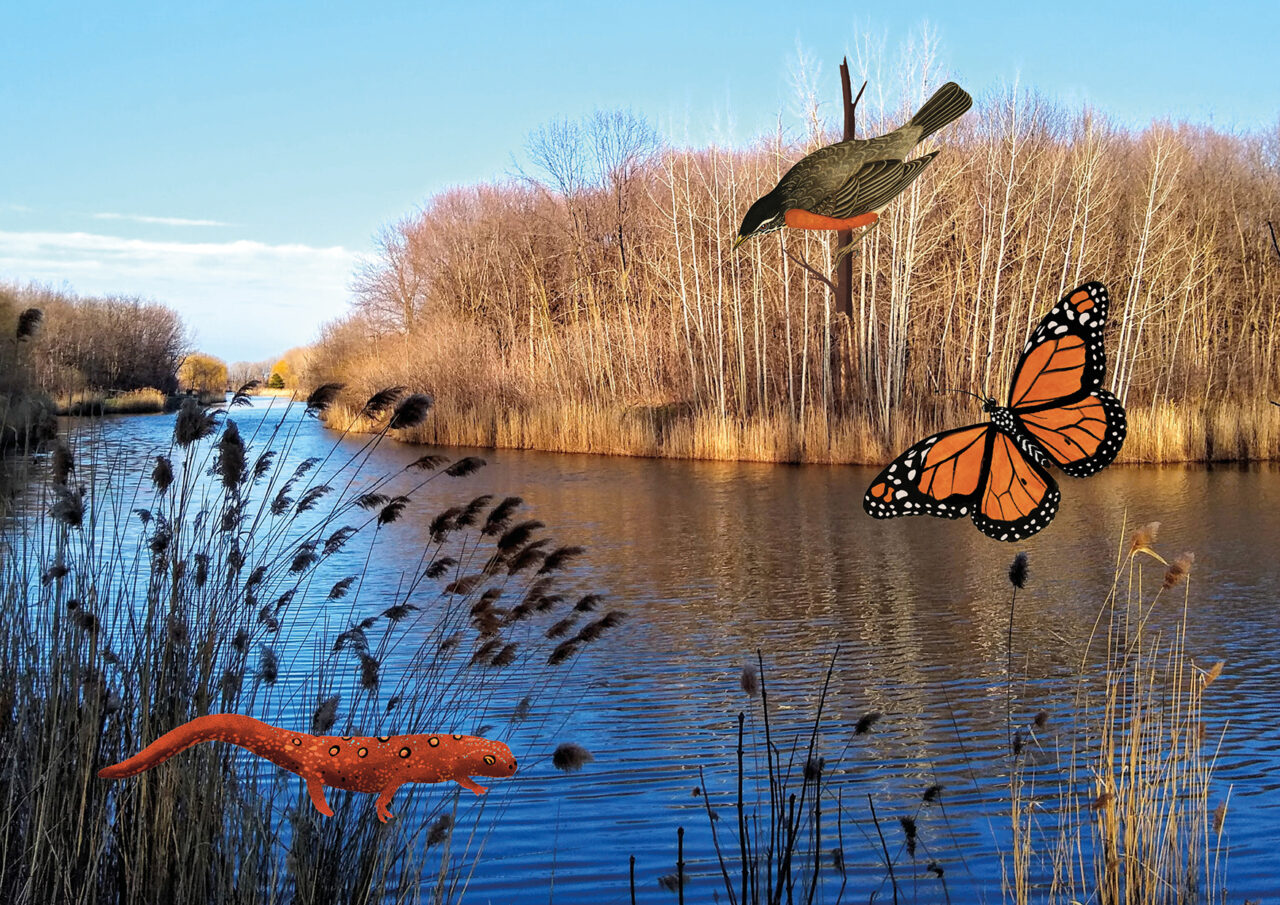
Find personal metaphors in Nature
Explore the potential of metaphor for reflections on yourself, your life, and your relationships. If you were an animal or a plant or a landscape, which would you be? Why? Are you more water, earth, fire or air?
Write about an important time or place
Write about a time with Nature, or a particular place, that is important to you. You may want to reflect on your changing relationship with Nature over the course of your life. Writing can be a way of exploring big questions about the personal meaning of nature – why does Nature matter to you? Does nature bring meaning into your life? How?
Flip things around – why do you/humans matter to Nature? How do humans bring meaning to nature?




